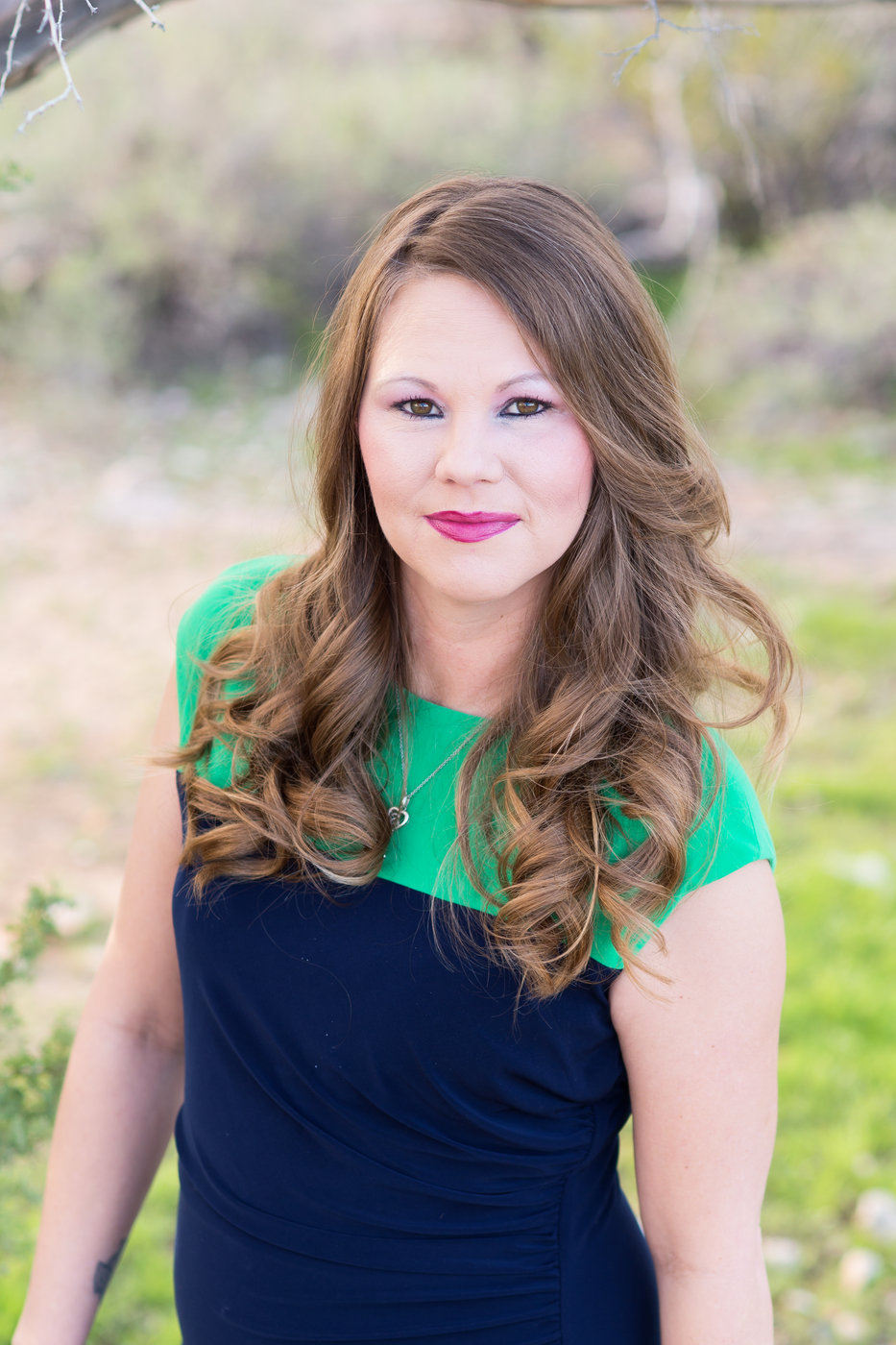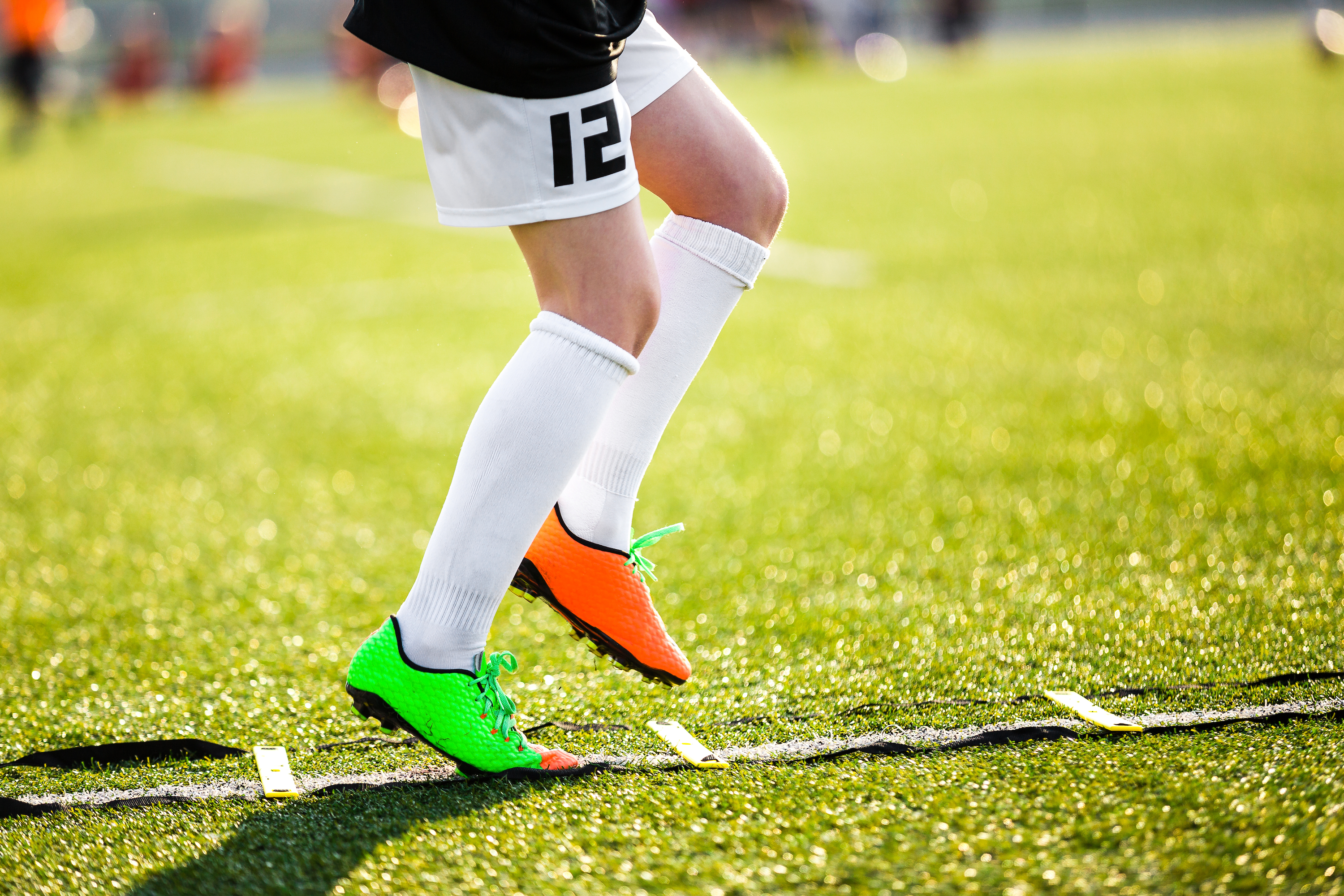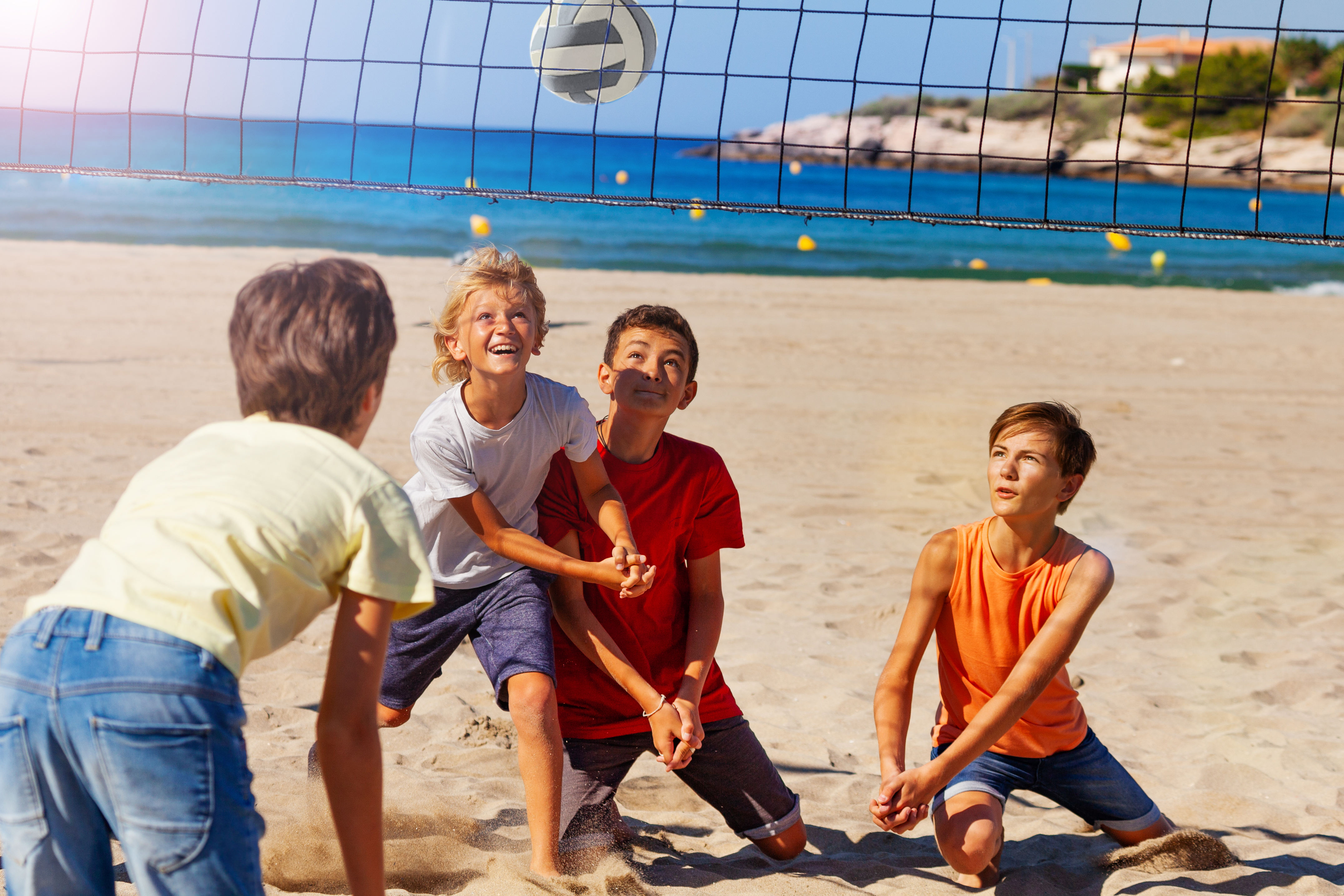
- 2737 Views
- 06/14/2019
- April Morganroth
Summer is here! For many sports parents that means the spring season has ended or is about to wrap up. No more rushing from school to practice or games and then back home for homework. No more searching all night the night before a big game for your child’s “lucky socks”, because God forbid they leave their uniforms where you left them for safekeeping. That is, until next season when we start it all over again.
Congratulations on surviving another sports season! You did it! Yes go ahead and pat yourself on the back! Also huge congratulation to those teams and individuals making their way to the big post-season tournaments and championships! You’re almost there too! Homestretch, enjoy the extra time on the fields and memorize every moment. But for the rest of us, you may have already noticed your little athletes are already going stir crazy. No doubt many of them are already buzzing about the fall season or even still down on themselves for not making it to a championship. Give them a squeeze. Let them know they have an entire summer to rejuvenate and prepare for next season, but also let them know as long as they played with their heart, they are still a champion inside. There is always next season.
What do experts say about off-season youth sports training?
Just because it's summer doesn’t mean your child’s sports training has ended, it’s just getting started. Although there are some critics suggesting off-season training is damaging the landscape of youth sports, there is even more evidence suggesting off-season training is perfectly healthy, in moderation.
How many sports parents remember running around all summer long with friends doing various activities? Maybe you took a dip in the neighbor’s pool and engaged in pool volleyball? Did you go sailing with your friends on a sailboat? Maybe you spent some time indoors at a batting cage in an effort to avoid the blistering summer heat? Whatever you did, you certainly used or utilized the sports skills you practiced and learned previously.

Off-season training should not be rigorous or highly structured. In fact, the International Youth Conditioning Association said off-season sports training should be light-hearted. “The more you sweat in times of peace, the less you bleed in times of war,” said Alex Slezak, IYCA Youth Fitness Specialist. He believes off-season training is where youth athletes can get the “best bang for the buck,” because athletes can take time to work on skills they may have struggled with.
Essentially he said it’s a time to build muscle memory, cut reaction times, and hone in the skills needed to return in the next season a step above.
The Dos and Don’ts of off-season youth sports training
But, how do we as a sports parent help our athletes to accomplish this? Here are some dos and don’ts of off-season training according to the IYCA.
DO:
- Do make it fun with friends and family.
- Do set some light goals and incorporate light skills and conditioning drills.
- Do practice sport(s), but at a LOWER intensity and frequency.
- Do watch sports videos and learn new techniques to try.
- Do focus on improving foundational skills, general strength and conditioning – does not have to be sport specific.
- Do build muscle mass and memory.
- Do clean-up, fine tune movement patterns.
DON’T:
- Don’t participate competitively outside of post-season championships.
- Don’t make a rigid, overly complicated training schedule.
- Don’t practice sports with high intensities and frequencies, Take TIME to rest.
- Don’t pressure others to join you.
- Don’t focus on improving specific in-season rigorous sport-specific skills.
- Don’t focus on specific muscles.
- Don’t aggressively dial-in movement pattern
Off-season youth sports training and benefits
Research continues to show correlations between year-round hyper-focused athletics training to that of overuse injuries and burnout according to Josh Adams, a certified youth sports specialist with Children’s Health Center at the Andrews Institute of Sports Performance. He believes it is important for children to “step away from their primary sport during the off-season” without completely neglecting it.
According to Adams the best off-season training simply includes having fun and staying active. He even goes as far as suggesting parents introduce other sports to their young athletes during this time, not as a means to persuade them from their primary sport, but in an effort to work on muscle conditioning in a fun atmosphere. Yes, go ahead and jump in and play some beach volleyball with your athletes this summer.

The Children’s Health Center at Andrews Institute of Sports Performance said there are three conditions sports parents should consider when assisting their youth athlete in off-season training.
- The object of off-season training should be focused on improving strength, mobility, speed, and agility.
- A condition of off-season training should introduce new skills and activities not directly related to their primary sport.
- Any off-season training should come from a reputable source, which many state and national leagues can provide via web links and, or cellphone applications.
Adams said sending youth athletes to summer sports camps keeps youth athletes active, motivated and inspired to return in future seasons. Most, if not all youth sports camps are hosted by highly reputable sources that focus on keeping fun in youth sports while keeping safety in mind.
What’s the best way to achieve off-season training?
The ultimate goal in off-season training should be to cultivate a deeper love and understanding for sports in youth athletes. It should be fun and encouraging. Experts say as sports parents we should not push our athletes nor should we allow them to push themselves too hard.
There is a plethora of summer sports camps all over the country. My oldest son will be attending three sports camps this summer – a specific skills baseball day camp with our city, a non-skills specific week camp with the state team and a private non-sports specific camp with Nike, away from home.
The first camp is designed for youth in our specific area to just get out and have fun together. The second camp is a novelty camp with the Arizona Diamondbacks and designed to ignite a love and passion for his chosen sport. And the third camp is the typical summer camp, just focused on sports in general. Adams says camps like these three are exactly what will produce the biggest benefit of off-season training, which is keeping kids active and loving the sports they participate in.
Yes, let your athletes stay active and continue to train during the summer, but don’t let them overdo it or compete. But most importantly of all stay hydrated, healthy and have fun! So shake those post-season blues and take your athlete cosmic bowling or show them mom’s not-so-elegant tumbling skills on at an indoor ice rink. This will keep them engaged, as well as be a source for endless laughter this summer season.
_____________________________________
April Morganroth is a Multimedia, Print, Broadcast & Digital Journalist. She is also an Anchor & MMJ Reporter at iHeart Media as well as a Baseball Mother, Coach, and Sportlo contributor.





Add Comments